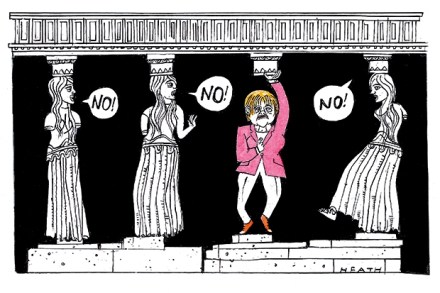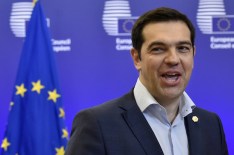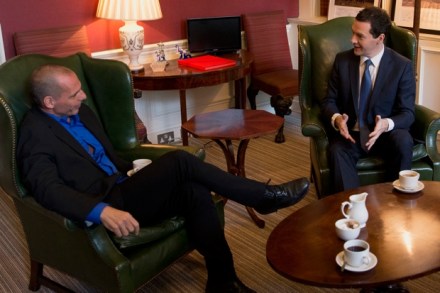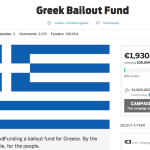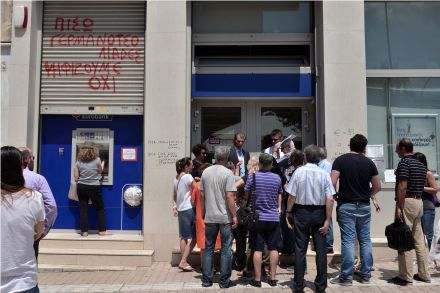Portrait of the week | 9 July 2015
Home In his Budget, George Osborne, the Chancellor of the Exchequer, slowed the planned rate of bringing in £12 billion of welfare cuts. He forecast a surplus by 2020. The bank levy would be reduced but a surcharge on bank profits imposed. The total of benefits that a family can claim a year would be cut to £23,000 in London and £20,000 outside it. Tax credits for those with more than two children were to be reduced. Local authority and housing association tenants in England who earn more than £30,000 (£40,000 in London) would have to pay more rent. Maintenance grants for students would be turned into loans. Income tax
